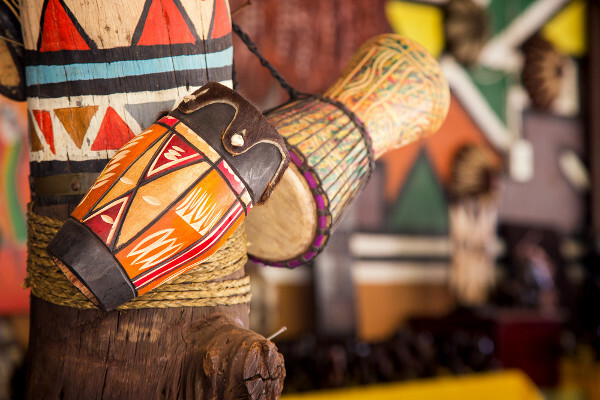As soon as it took the place' of the monarchic regime, the republicans worried about establishing new symbols that had the function of representing the political transformation that took place at the end of the century XIX. As early as January 1890, the provisional government of Marshal Deodoro da Fonseca launched a contest aimed at making a new anthem for Brazil official. With this, the Teatro Lírico in Rio de Janeiro was the stage for the dispute that was eventually won by José Joaquim of Campos da Costa de Medeiros and Albuquerque (1867 – 1934) (lyric) and Leopoldo Miguez (1850 - 1902) (song).
Acting as a teacher, journalist, writer and politician, Medeiros and Albuquerque had an intellectual formation privileged, he studied at the Academic School of Lisbon and had, in Brazil, the folklorist Silvio Romero as his preceptor. In the political sphere, he was a great enthusiast of the republican ideal and, when the new regime was installed, Medeiros and Albuquerque took over some public and administrative positions in the new government.
Leopoldo Miguez left Brazil early and, in the early years of his life, dedicated himself to musical studies in Europe. In 1878, he returned to Rio de Janeiro to open a piano and music store. As a professed defender of the Republic, he was helped to return to Europe and gather information there on the organization of musical institutes and conservatories. In 1889 he was appointed director and professor of the National Institute of Music.
Even winning the dispute, the anthem formed by these renowned artists ended up not being used as the new anthem of the country. In a decree of January 1890, the Brazilian government stipulated that the creation be used as the Proclamation of the Republic. Thus, the composition ended up being preserved as one of the most significant symbols that represent the proclamation of the Brazilian republican regime.
In 1989, the Imperatriz Leopoldinense samba school celebrated the centenary of the Republic using a part of the Hino's chorus in its samba plot. Very little used in official solemnities, this anthem needs to be rescued as one of the most significant symbols of our political regime. Below are the lyrics for those interested in contemplating its content.
Be an unfolded canopy of light.
Under the wide expanse of these skies
This corner rebel that the past
Come redeem from the most vile labés!
Be a speaking glory hymn
Of hope, of a new future!
With visions of triumphs pack
Who for him fighting arise!
Freedom! Freedom!
Spread your wings over us!
of the fights in the storm
Let us hear your voice!
We don't even believe that slaves once
Has there been in such a noble Country...
Today the red flash of dawn
Find brothers, not hostile tyrants.
We're all the same! to the future
We will know, together, to take
Our august standard that, pure,
Shine, ovante, from the Fatherland on the altar!
Freedom! Freedom!
Spread your wings over us!
of the fights in the storm
Let us hear your voice!
If you need brave breasts
There is blood on our banner,
Living blood of the Tiradentes hero
Named this daring pavilion!
Messengers of peace, peace we want,
Our strength and power is of love
But from the war in the supreme trances
You will see us fight and win!
Freedom! Freedom!
Spread your wings over us!
of the fights in the storm
Let us hear your voice!
From Ipiranga it is necessary that the cry
Be a superb cry of faith!
Brazil has already emerged freed,
On the regal purples standing.
Hey, then, Brazilians forward!
Blond greens, let's reap!
Be our country triumphant,
Free land of free brothers!
Freedom! Freedom!
Spread your wings over us!
of the fights in the storm
Let us hear your voice!
Listen to the Anthem of the Proclamation of the Republic
See more!:
Proclamation of the Republic
By Rainer Sousa
Master in History
Source: Brazil School - https://brasilescola.uol.com.br/historiab/hinodaproclamacaodarepublica.htm


